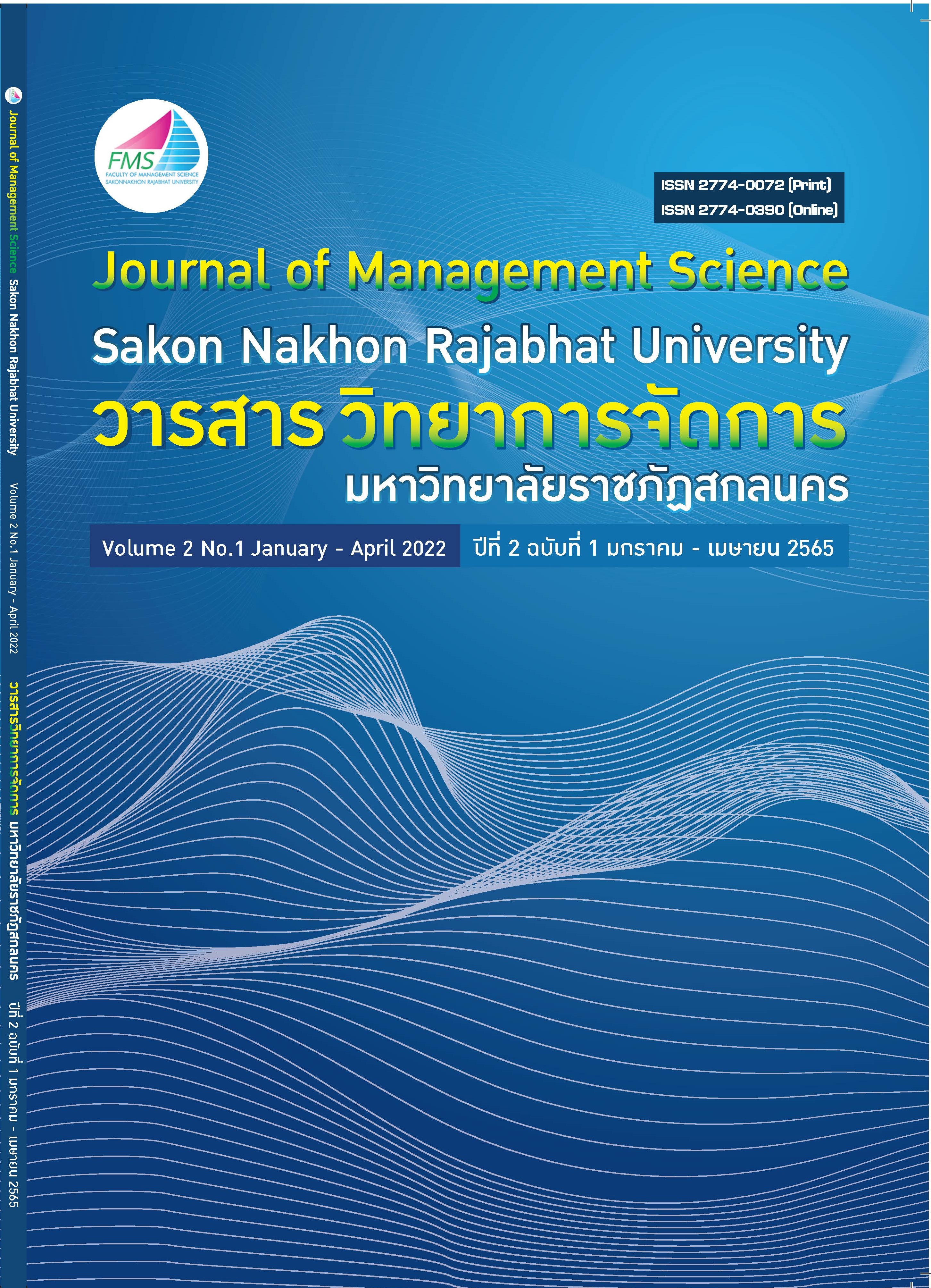DIGITAL SKILL WORKFORCE OF 21ST CENTURY CITIZENS TO SUPPORT DISRUPTIVE TECHNOLOGY ON THE NEXT NORMAL
DIGITAL SKILL WORKFORCE OF 21ST CENTURY CITIZENS TO SUPPORT DISRUPTIVE TECHNOLOGY ON THE NEXT NORMAL
Keywords:
Digital skill workforce, 21st Century citizen, Disruptive technology, Next normalAbstract
COVID-19 outbreak and the global economic recession have impacted the labor market
that tends to transform into the digital skill workforce. Job growth of future skills increases
a demand for people who can fill green and health economy jobs. Covid-19 pandemic creates
a new normal and the need for digital manpower that can develop and implement disruptive
technologies. Therefore, people with qualities which are in line with the needs of the businesses
and diverse sectors must prepare and provide future learning lessons for the future workforce.
In other words, they must integrate a society that connects people and science together since
the labor market of the future needs new talents, i.e. the talents of the 21st century which will
lead to the future where people with special characteristics can support the disruptive
technology on the next normal after COVID-19. Hence, all parties, both government, private,
and labor sectors must adapt to survive in the future world, that is to say, having a suitable
curriculum to build quality personnel of the 21st century who will stably enter the labor market of
the future; the workers of all age groups have to establish the new mindset to create the work
and business innovation.
Downloads
Published
Versions
- 2023-02-05 (2)
- 2022-05-11 (1)
How to Cite
Issue
Section
License
Copyright (c) 2022 JOURNAL OF MANAGEMENT SCIENCE SAKON NAKHON RAJABHAT UNIVERSITY

This work is licensed under a Creative Commons Attribution-NonCommercial-NoDerivatives 4.0 International License.
An article published in the Journal of Management Science. Sakon Nakhon Rajabhat University is the opinion, copyright and responsibility of the author of the work.







